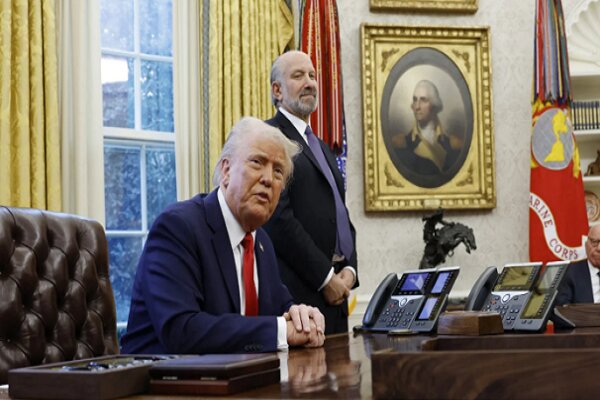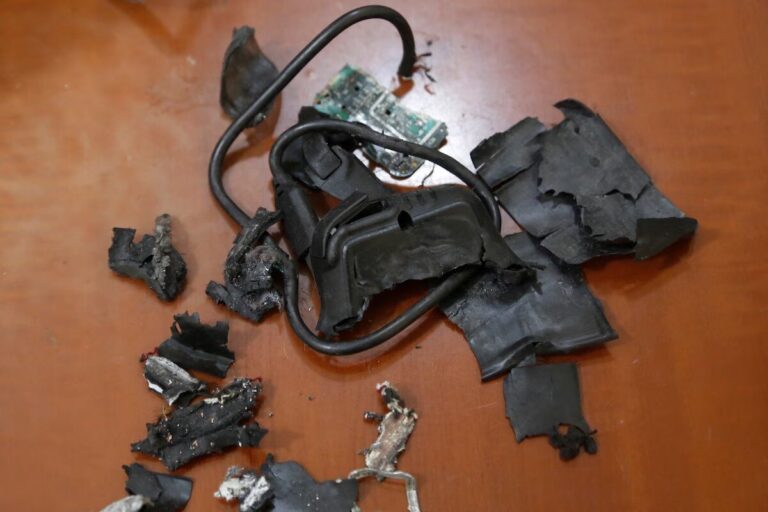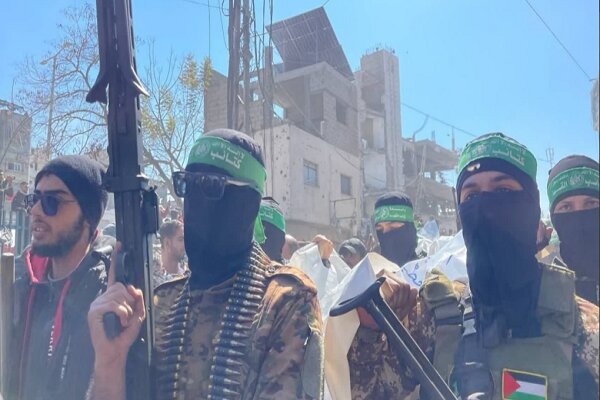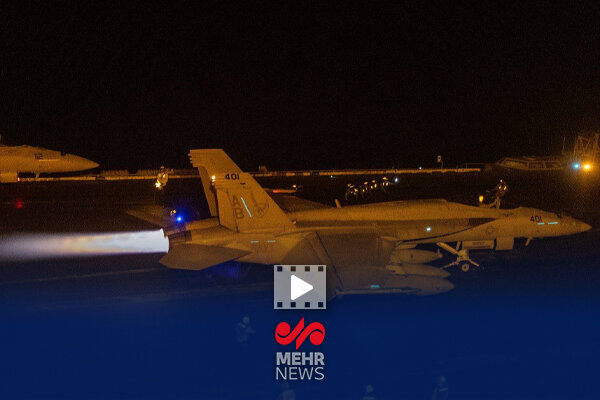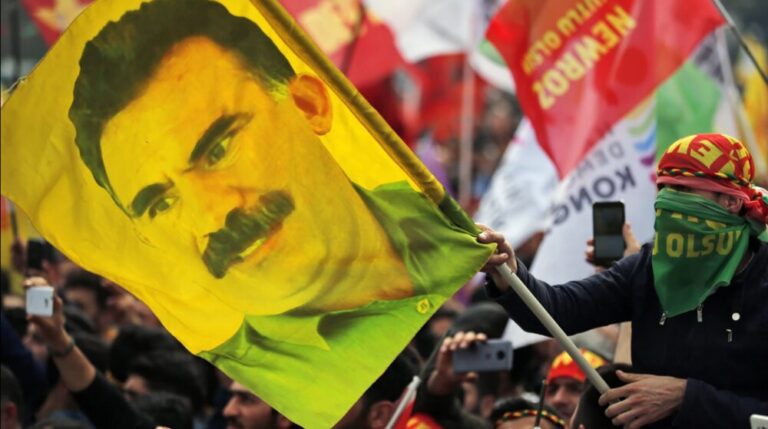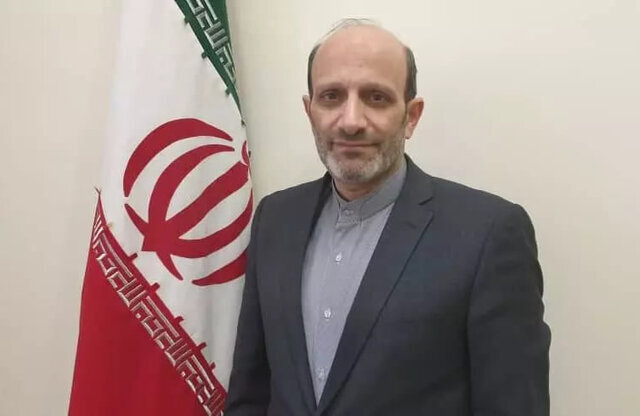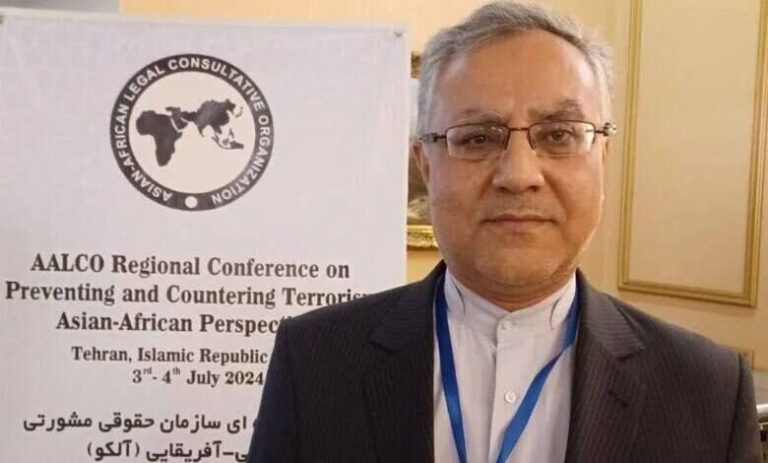Trump Open to Dialogue with Iranian President: A Historic Opportunity for Diplomacy
In recent developments, former President Donald Trump has made significant remarks regarding his approach to Iran, indicating a possible shift in strategy. As he prepares to resume his maximum pressure campaign against the nation, Trump expressed a willingness to negotiate, signaling a complex diplomatic landscape ahead.
During a series of directives signed ahead of his meeting with Israeli Prime Minister Benjamin Netanyahu, Trump stated his readiness to work out a deal with Iran. This comment comes amidst a backdrop of escalating tensions and ongoing discussions about Iran’s nuclear ambitions.
In his remarks, Trump raised unsubstantiated claims regarding Iran’s peaceful nuclear program. He asserted that Tehran can never possess a nuclear weapon under any circumstances, despite Iran’s consistent denials of seeking such capabilities. The Iranian government has repeatedly emphasized that its nuclear technology is intended solely for civilian purposes.
To provide clarity, here are some key points regarding Iran’s stance on nuclear weapons:
- Non-Aggression Policy: Iran maintains that it is not pursuing nuclear weapons.
- Civilian Use: The focus of Iran’s nuclear program is on peaceful energy production.
- Religious Fatwa: The Leader of the Islamic Revolution has issued a Fatwa that prohibits the possession and use of weapons of mass destruction.
These assertions by Iran highlight a long-standing commitment to peaceful nuclear energy, which the country insists is in line with international norms. However, the narrative presented by Trump appears to contradict this stance, further complicating diplomatic relations.
Furthermore, Trump’s comments come at a time when the geopolitical landscape is shifting rapidly. The former president’s approach reflects a broader strategy that has characterized his administration’s foreign policy. His intention to engage directly with the Iranian leadership could signal a potential thaw in relations, although skepticism remains among various stakeholders.
As the situation unfolds, it is crucial to consider the implications of Trump’s renewed pressure campaign on Iran. The maximum pressure strategy has been a cornerstone of U.S. policy towards Iran, aiming to isolate the nation economically and politically. This approach has faced criticism for exacerbating tensions and limiting diplomatic avenues.
In addition to his remarks on Iran, Trump’s upcoming meeting with Netanyahu is also significant. The relationship between the U.S. and Israel has always played a pivotal role in Middle Eastern politics. By aligning closely with Israel, Trump may be attempting to bolster support for his stance against Iran, framing it as part of a broader strategy to enhance regional security.
In conclusion, as Trump prepares to take these bold steps, the international community will be watching closely. The dynamics of U.S.-Iran relations are fraught with complexities, and any attempt to negotiate peace will require careful navigation of longstanding issues. Whether Trump’s willingness to engage with Iran will lead to a constructive dialogue or further escalation remains to be seen.
It is essential to monitor the outcomes of these developments, as they could have far-reaching effects not just in Iran but across the entire Middle East region. Both diplomatic efforts and military posturing will play critical roles in shaping the future of U.S.-Iran relations.
